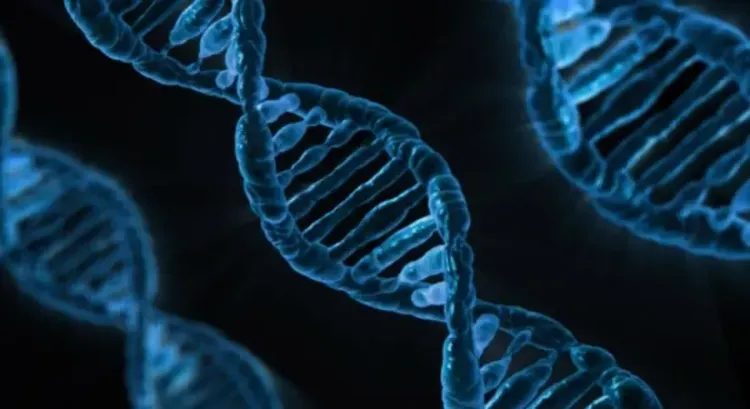Could a Gene Essential for Vitamin D Absorption Enhance Cancer Treatment?

Synopsis
Key Takeaways
- SDR42E1 is crucial for vitamin D absorption.
- Inhibiting SDR42E1 may reduce cancer cell growth.
- Research utilized CRISPR/Cas9 gene editing techniques.
- Long-term effects on vitamin D balance need further study.
- Potential applications in precision medicine are significant.
New Delhi, July 18 (NationPress) Researchers have pinpointed a vital gene that is necessary for the absorption of vitamin D, which may also enhance treatment options for cancer and autoimmune disorders.
The gene known as SDR42E1 plays a pivotal role in the uptake of vitamin D from the intestine and its subsequent metabolism, opening doors for potential applications in precision medicine, particularly in cancer therapies.
Dr. Georges Nemer, a Professor at the University of College of Health and Life Sciences at Hamad Bin Khalifa University in Qatar, stated, "Our findings indicate that inhibiting SDR42E1 could potentially halt the proliferation of cancer cells."
Earlier studies have shown that a particular mutation in the SDR42E1 gene located on chromosome 16 is correlated with vitamin D deficiency.
This mutation truncates the protein, making it nonfunctional.
In their research published in the journal Frontiers in Endocrinology, the team utilized CRISPR/Cas9 gene editing to convert the active form of SDR42E1 in HCT116, a cell line derived from a colorectal cancer patient, into its inactive variant.
Typically, the expression of SDR42E1 is high in HCT116 cells, indicating that this protein is crucial for their survival.
After introducing the defective version of SDR42E1, the survival rate of cancer cells dropped significantly by 53%, as noted by the researchers.
This outcome suggests that targeting this gene could selectively eliminate cancer cells while preserving surrounding healthy cells.
Dr. Nagham Nafiz Hendi, a Professor at Middle East University in Amman, Jordan, added, "Our findings pave new paths in precision oncology, but clinical application necessitates substantial validation and extended research."
"Given that SDR42E1 is integral to vitamin D metabolism, this gene could be a target in various conditions where vitamin D plays a regulatory role," remarked Nemer.
Nevertheless, the long-term implications of SDR42E1 on vitamin D balance require further exploration, prompting the researchers to advocate for additional studies.










